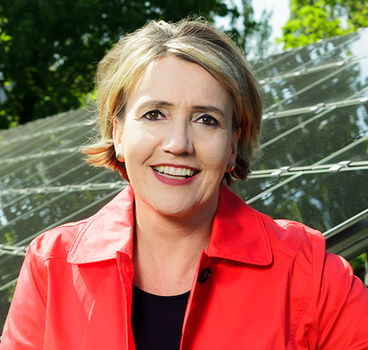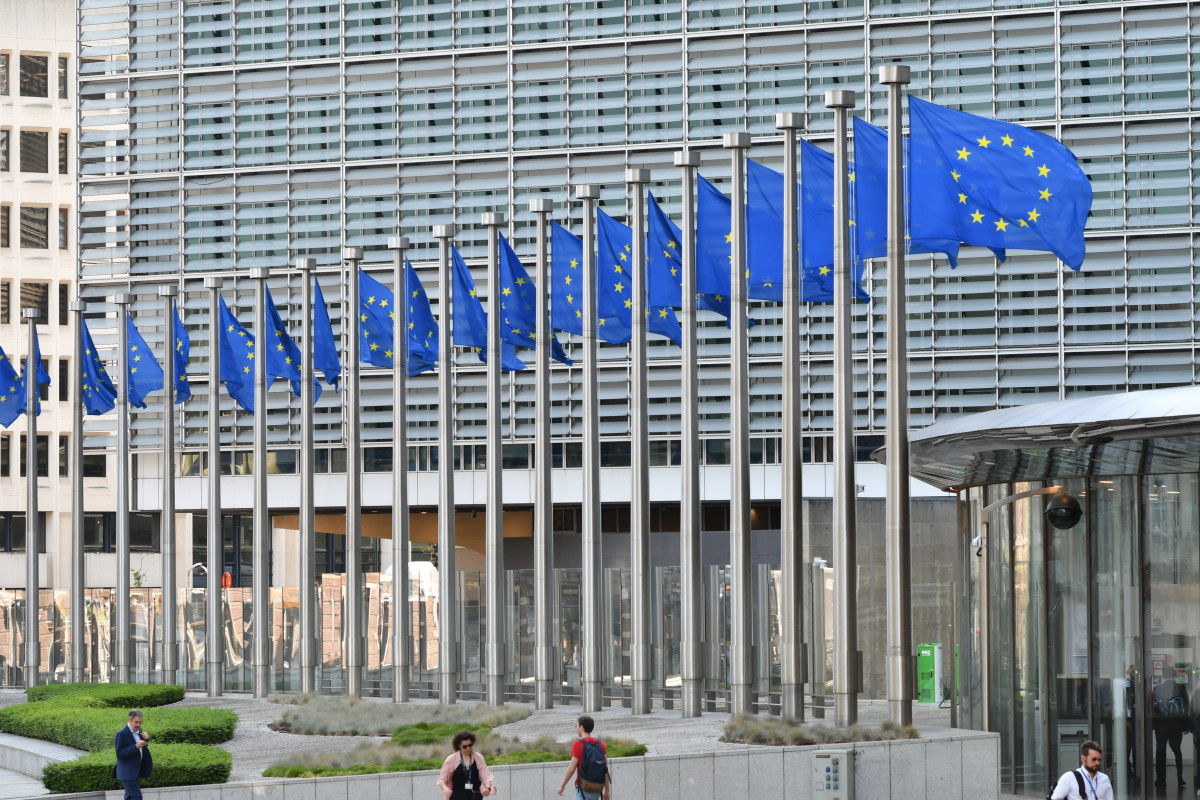Preview 2024: Next EU Commission must start Fit-for-90 package talks to pave way to climate neutrality - BEE
This interview is part of a series to preview the German and European energy and climate policy in 2024. The other interviews will be published in the coming weeks.
Clean Energy Wire: The German Constitutional Court’s debt brake ruling threatens many of the carefully crafted compromises the government achieved in climate and energy policy over the past year. Which of these compromises do you think must be preserved most urgently -- and how? Where do you fear the budget reshuffling could hit climate and transformation spending -- and why?

Simone Peter: Sufficient financial means are an important requirement for the expansion of renewables wherever these are not competitive yet. This is especially the case for the heating sector, in which fossil energy sources have been given precedence for decades. Citizens, municipalities, local utilities and companies must all be supported in the transition to renewable heating technologies and heating grids. Likewise, the scale-up of a green hydrogen economy, which comes with high initial costs, has to be incentivised financially. Industry urgently needs green hydrogen, and scenarios analysed by the BEE show that domestic hydrogen production from renewables supports the German economy and increases energy sovereignty.
At the same time, domestic production of renewable power installations, a decisive factor in terms of resilience, will have to be backed up by state investments. These are cost-effective investments that will pay off, especially during a period of geopolitical crises. Security of planning and investments by faster licensing, more designated land areas and fewer bureaucratic hurdles are especially important for unleashing renewables. These are what the government should put the focus on in 2024.
The political year 2024 in Europe will be dominated by the European Parliament elections in June. Which climate and energy topics do you think should be made priorities before the election – and which ones will await the newly elected Parliament and Commission further down the road?
Important EU dossiers will have to be finalised in the coming months to give the expansion of renewables further traction. These include the Energy Performance of Buildings Directive and the Net-Zero Industry Act. The reform of the European power market’s design must also be completed before the elections. With a growing share of renewables in the grid, it’s high time that market design is adapted to this reality and the logic of fossil markets tossed overboard.
After 9 June, the European Parliament and the Commission will have to come up with a comprehensive strategy for quickly phasing out all fossil fuel subsidies. Building on the “Fit-for-55” package, the new Commission should as soon as possible introduce a “Fit-for-90” package that removes the most important regulatory hurdles and gaps on the path towards climate neutrality. Sound political judgement is needed when scaling up future technologies to prevent excessive regulation and too many requirements from overburdening domestic producers and the industry
Which other topics and events in Germany and beyond do you generally think will - or should - shape the debate next year in your field -- and why?
In its first two years in office, the German government has done more for renewables than its predecessors. However, there still are some obstacles to expansion. No time must be lost to address these, as the state elections in 2024 and then the next federal election in 2025 will start casting a shadow by summer and slow down the pace of policymaking.
Industry is eagerly waiting for the implementation of a pact between the federal government and the states, a decision on the first solar power package, and the great reform of the construction law and the hydrogen acceleration act that will speed up the expansion of all renewable power technologies and can remove regulatory barriers. What’s more, the national power market system reform is also of great importance to gear the system towards renewables and flexibility.


